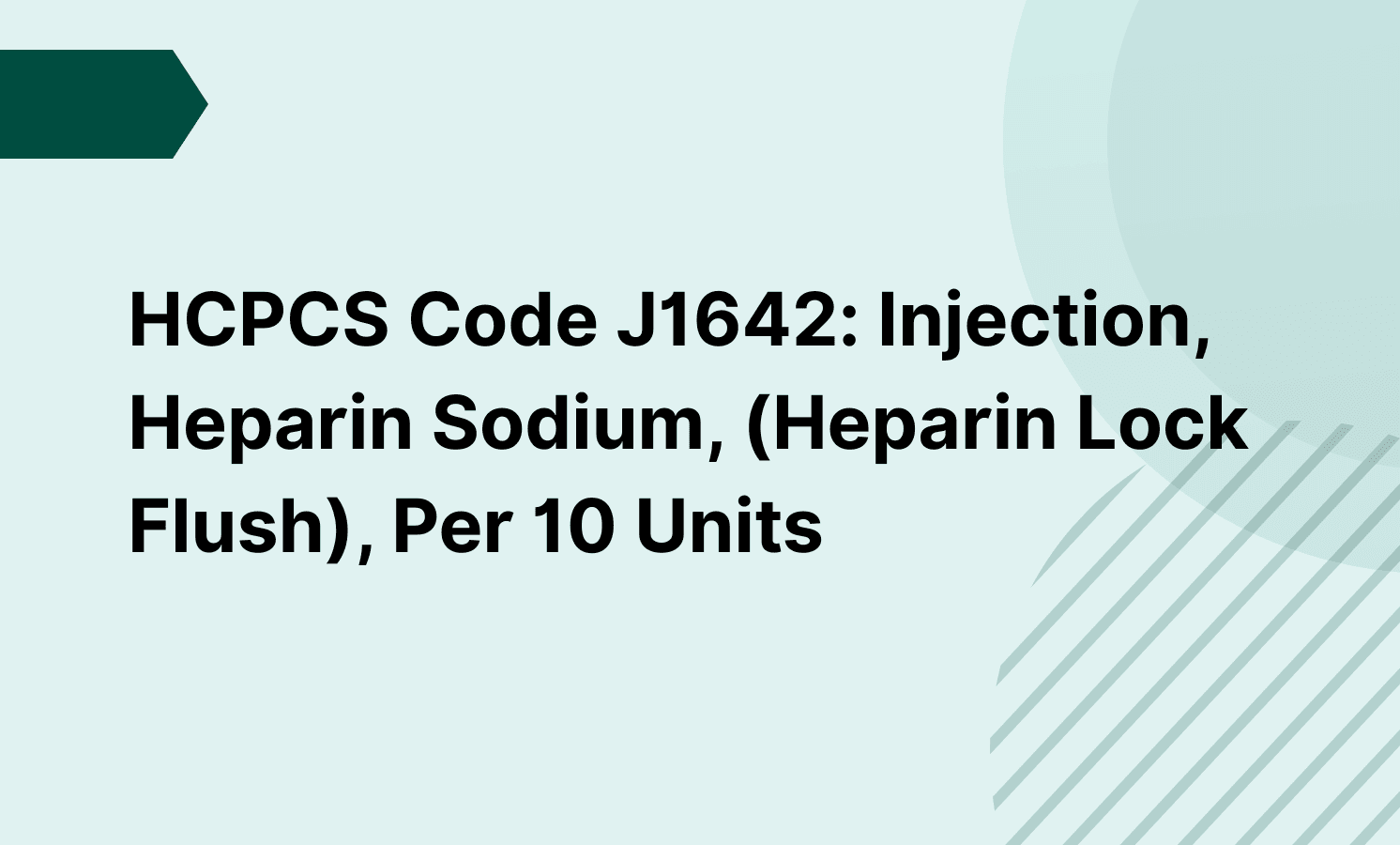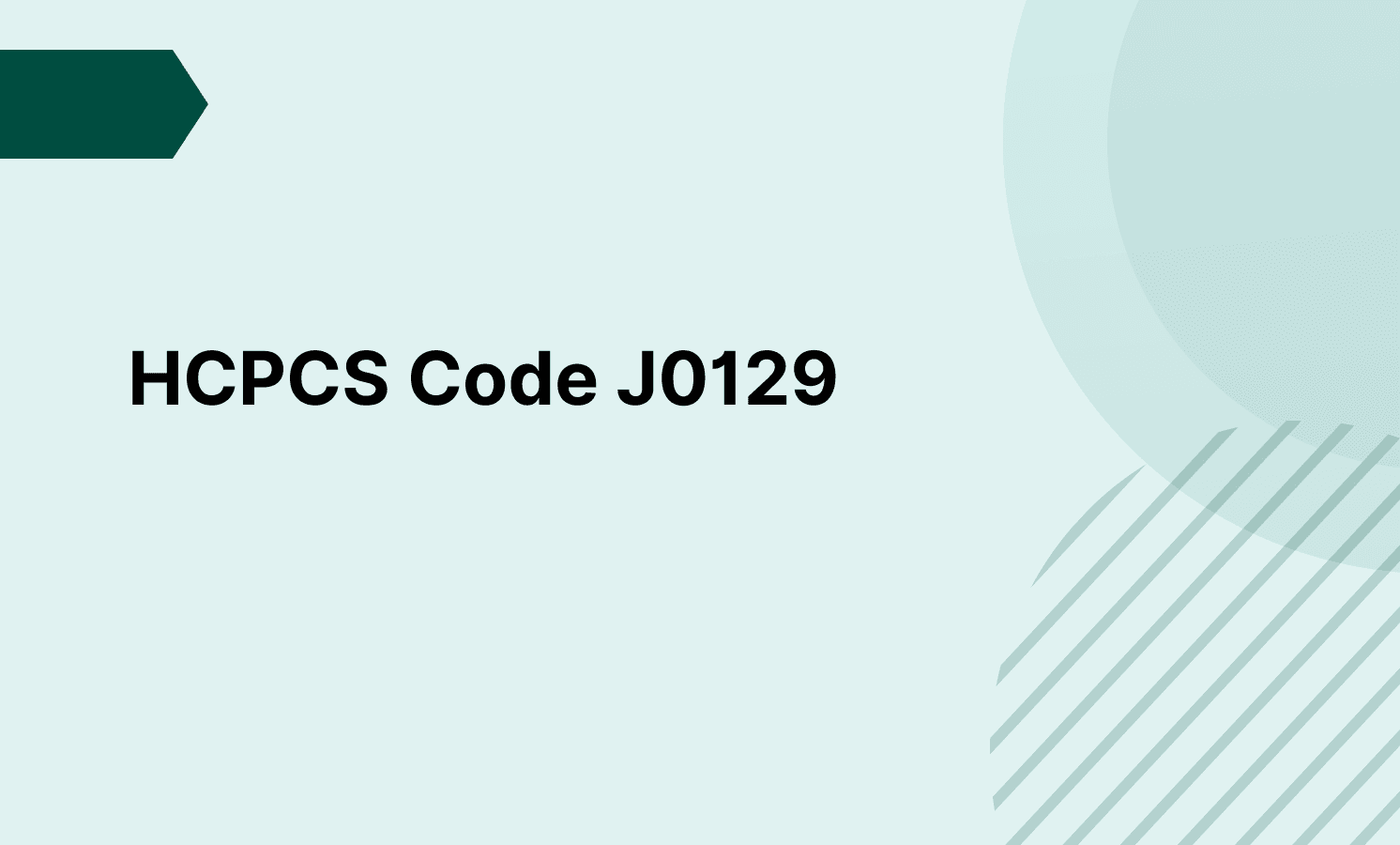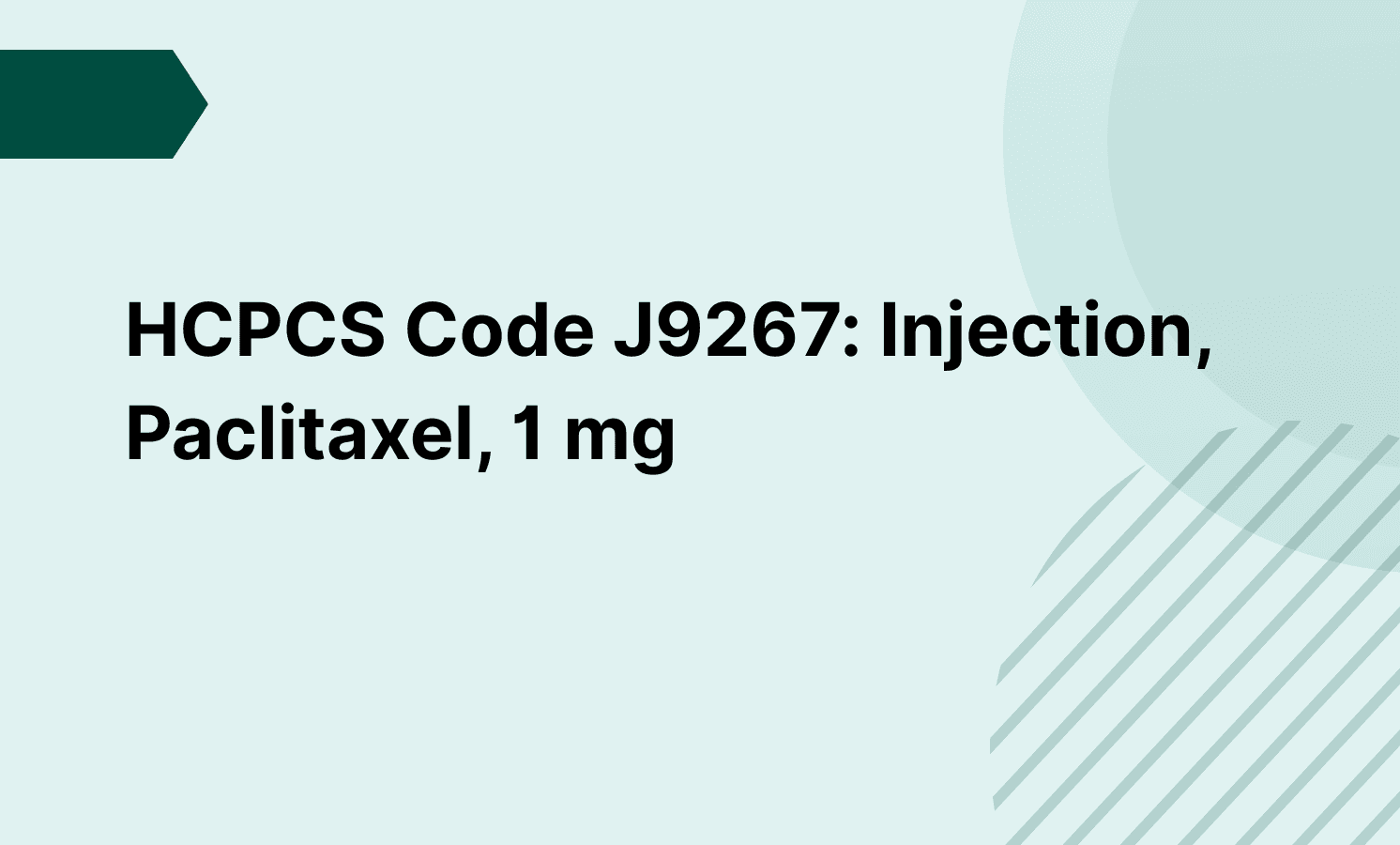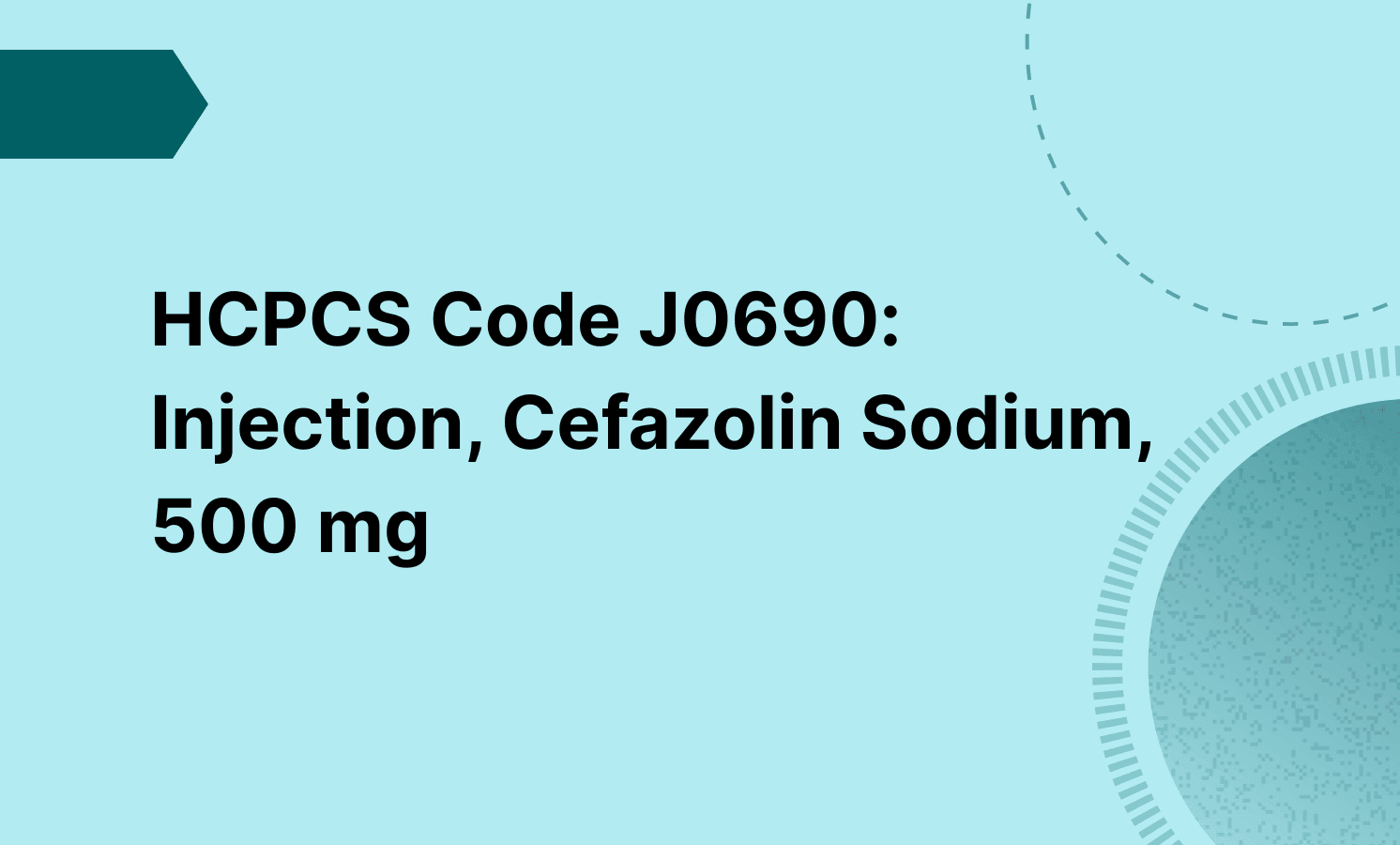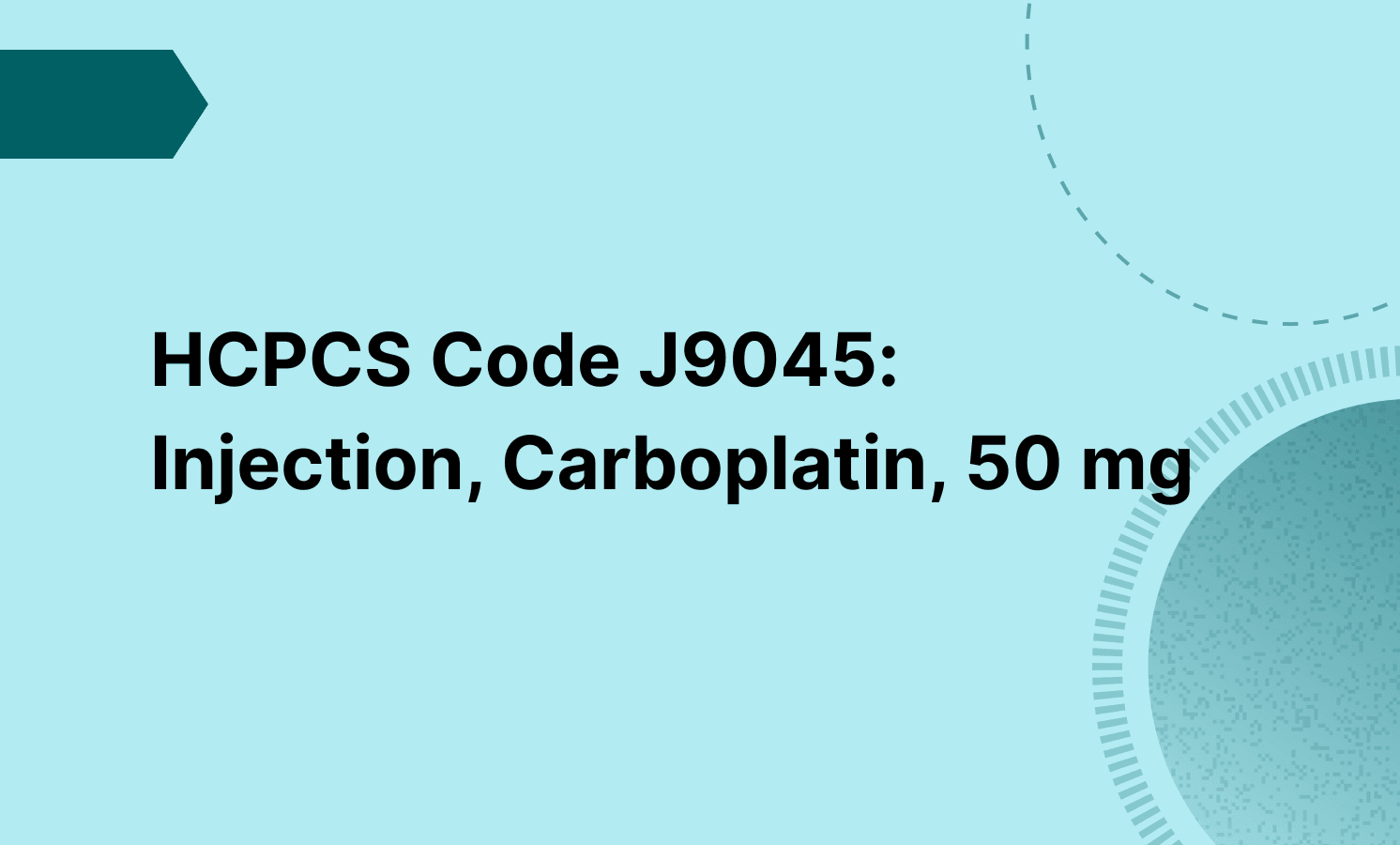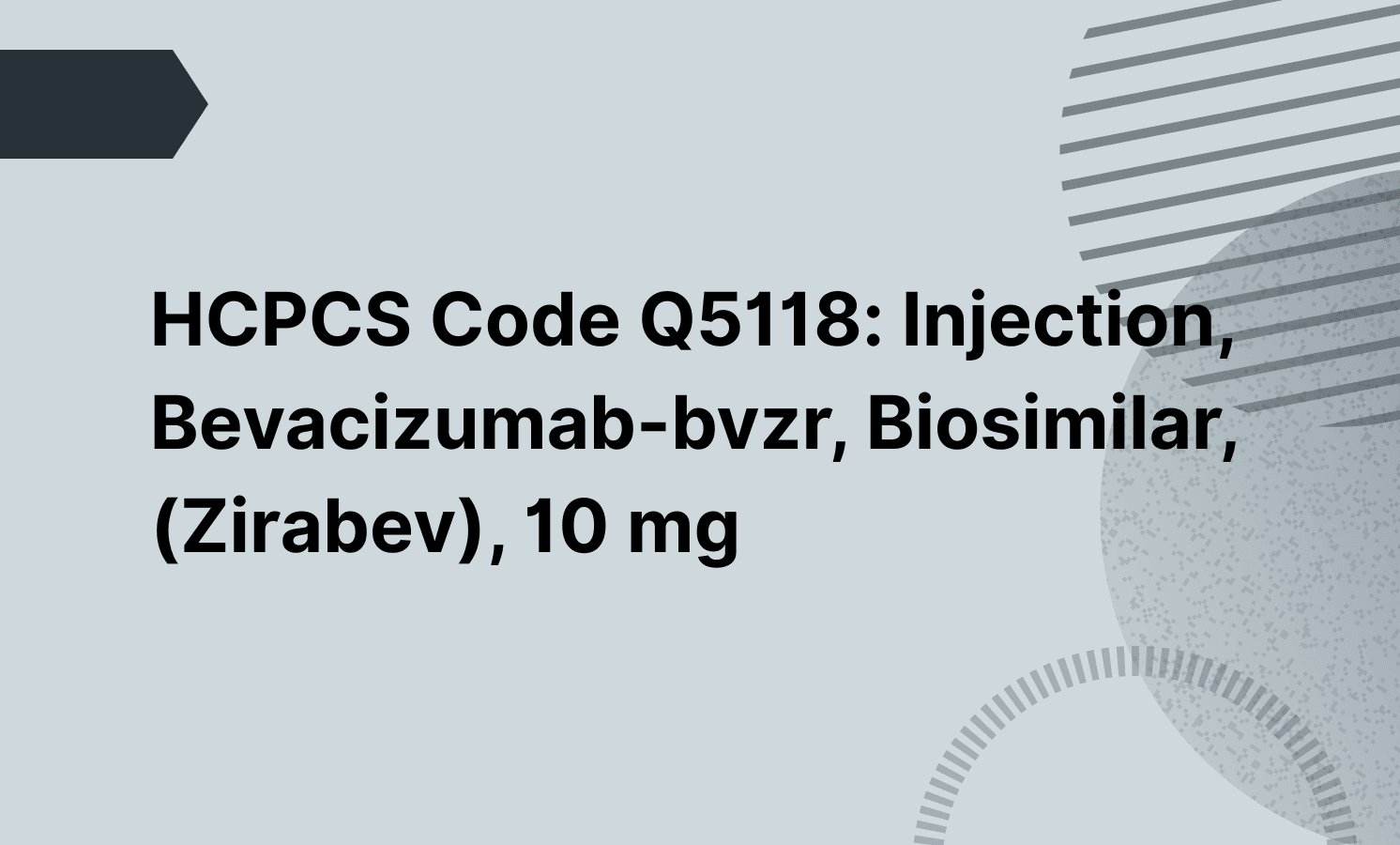Incision and drainage services are necessary when a patient develops a localized abscess, such as a postoperative wound infection or suppurative hidradenitis, that requires surgical drainage to promote healing and prevent further tissue damage.
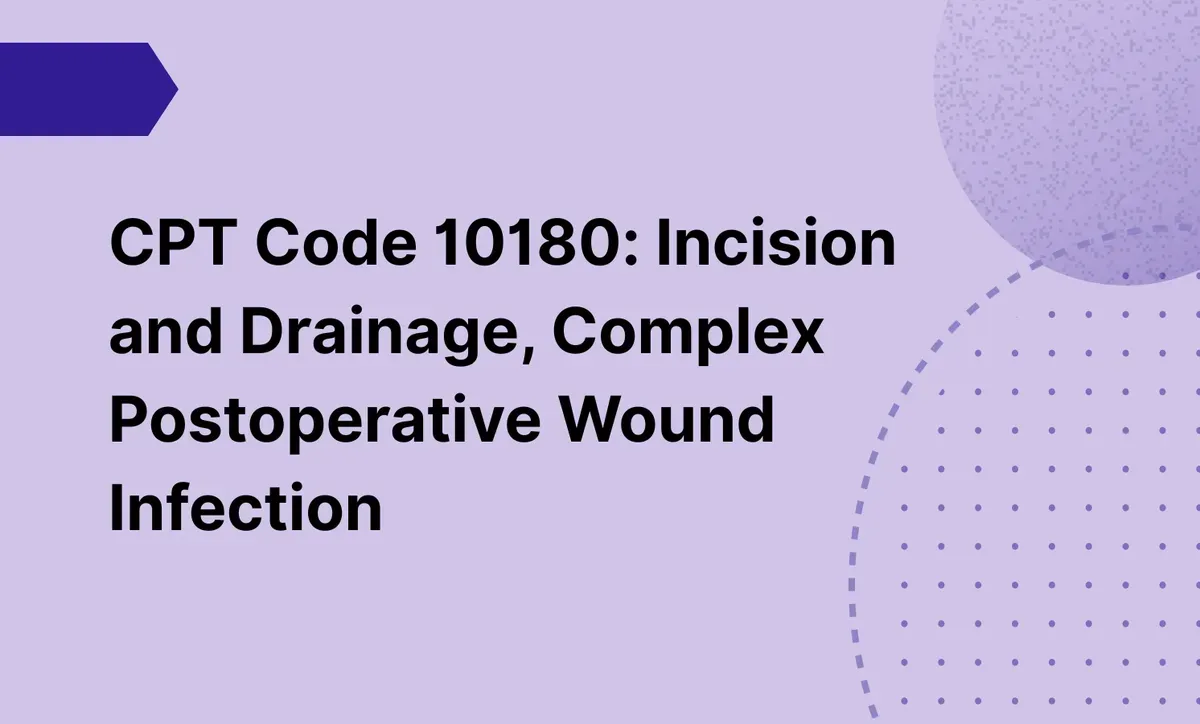
CPT Code 10180: Incision and Drainage, Complex Postoperative Wound Infection
Understand CPT code 10180 for complex wound incision and drainage. Learn documentation, billing, and clinical indications.
Use Code
Frequently asked questions
Only a qualified healthcare provider, such as a physician or surgeon, should perform CPT code 10180. This complex procedure involves deep tissue layers and must be done in a sterile environment to ensure proper care.
Documentation should clearly describe the incision site, including location, depth, and any findings like pus or necrotic tissue. This helps confirm correct coding and supports medical necessity for billing.
EHR and practice management software
Get started for free
*No credit card required
Free
$0/usd
Unlimited clients
Telehealth
1GB of storage
Client portal text
Automated billing and online payments

